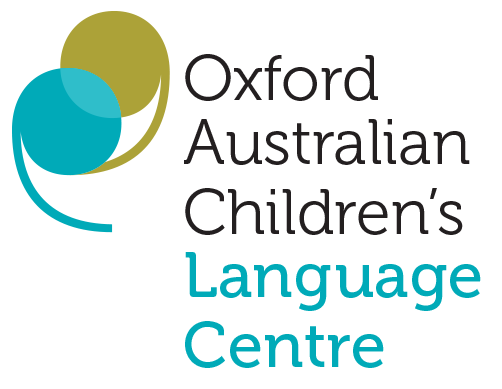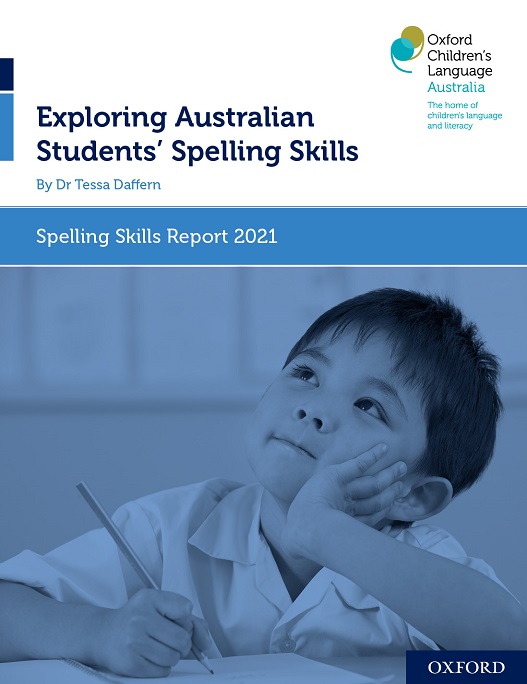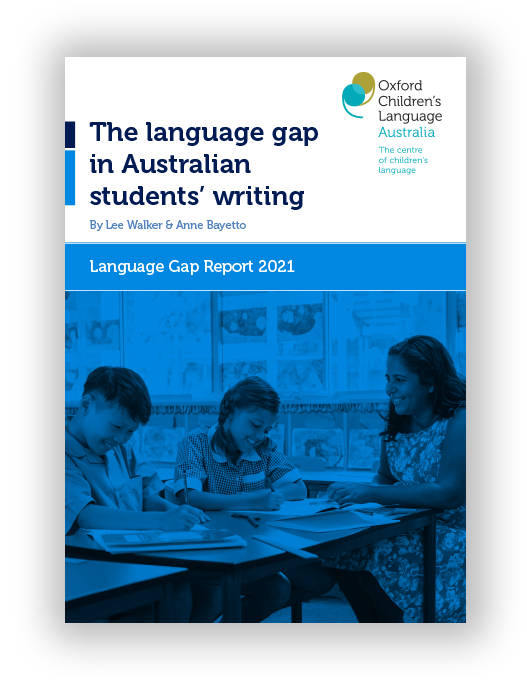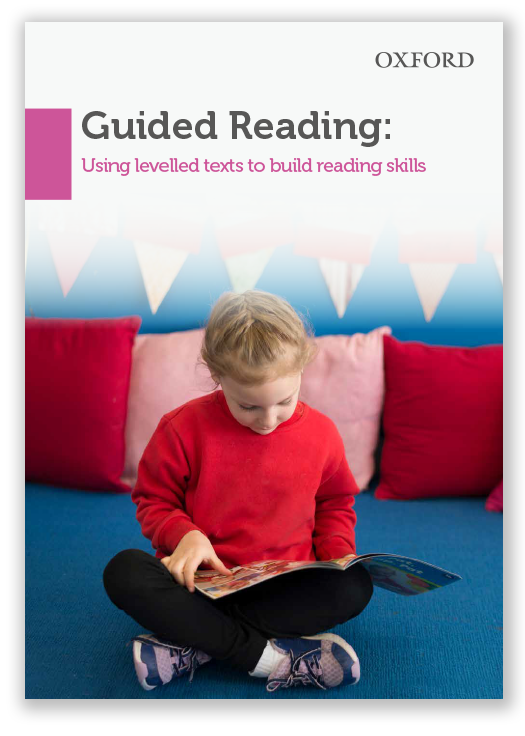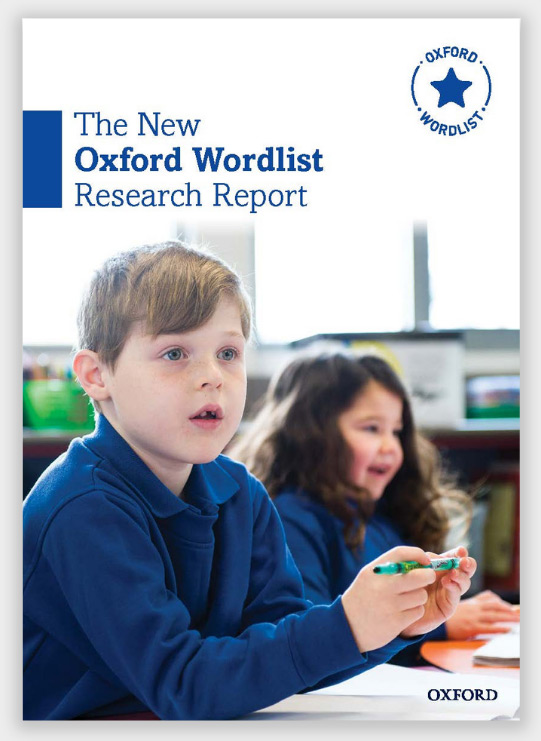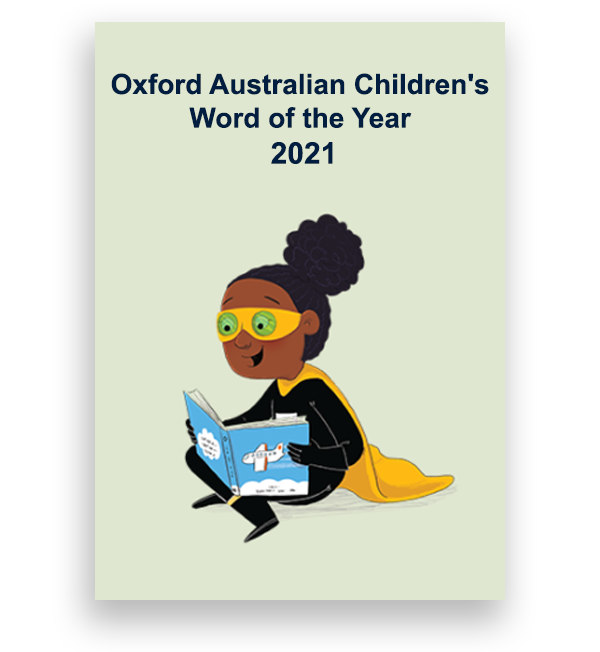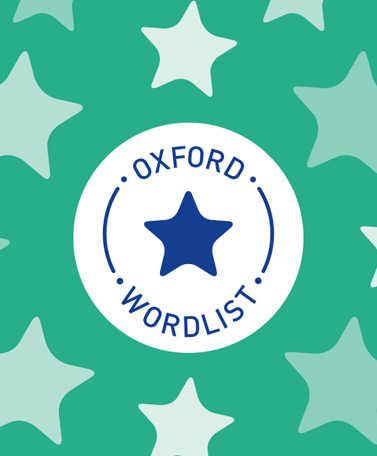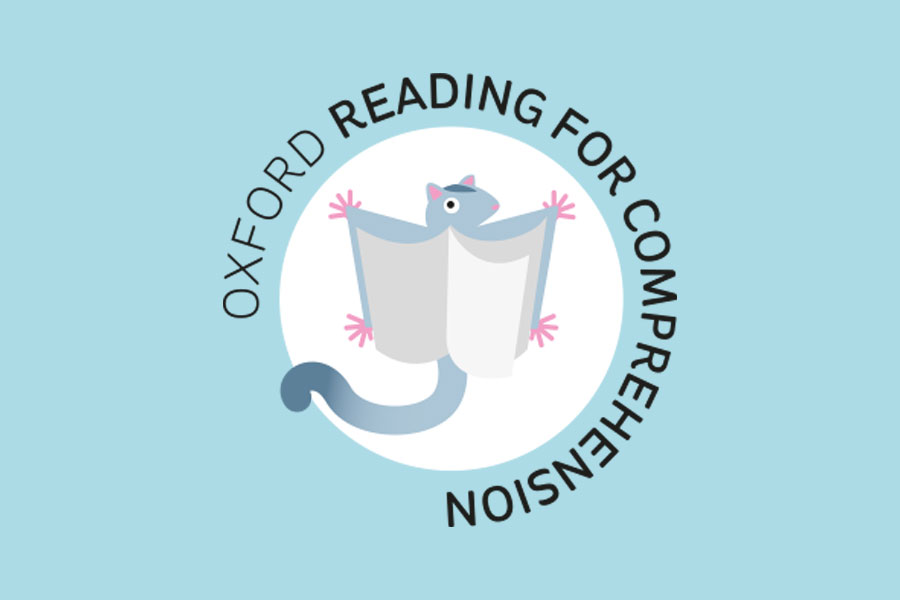Jump to section: Our research partners | Read our latest research | Join our educator community
Research and advice by educators,
for educators
As experts in children’s language, Oxford University Press is constantly listening to Australian children, and reflecting on their use of language to develop an understanding of how their ideas are communicated.
Oxford University Press has established Oxford Children’s Language Australia (OCLA) to implement language research initiatives, share insights with the education community, and support teachers with developing students’ language and literacy development.
We partner with leading Australian language and literacy research experts to further our collective understanding of Australian children’s language and proudly share evidence-based research insights and advice to support the education community in developing our children’s language and literacy skills.
Understanding children’s language
Supporting language and literacy development
Australian evidence-based research
Oxford Children’s Language Australia Corpus
The Oxford Children’s Language Australia Corpus includes continuously updated language data that reveals contemporary vocabulary used by Australian children in their own writing. Oxford conducts associated language research to:
Record and analyse words that Australian children choose to write
Understand the language children need to acquire to read and spell well
Help educators to make informed planning decisions when selecting language content
Identify the skills to teach so educators can support students to become successful and independent spellers, writers and readers
Language is at the heart of education. But in a rapidly changing world it continues to evolve. Since 1908, Oxford University Press has supported Australian educators in developing children's language and literacy skills.
We're proud to partner with Australian language and literacy experts to unlock the power of language for learning. Join us at the home of Australian children’s language.
Video duration: 47s
Research partnerships
Australian academic partnerships
Our children's language research, developed in association with our research partners, aims to support the education community deliver best-practice teaching based on evidence-based pedagogies.
Oxford's academic partners:
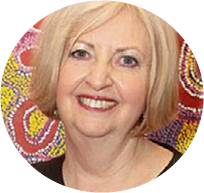
Dr Rosemary Johnston
Professor of Education and Culture, University of Technology Sydney
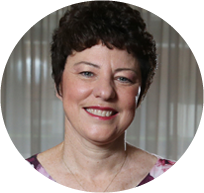
Professor Sharryne McLeod
Professor of Speech and Language Acquisition,
Charles Sturt University

Anne Bayetto
Lecturer, College of Education,
Flinders University

Damon Thomas
Senior Lecturer, English Education, University of Tasmania
Emina McLean
Lecturer in Literacy,
La Trobe University
We also partner with:
Australian National Dictionary Centre
The Australian National Dictionary Centre (ANDC) is a joint Australian National University (ANU) and OUP project. It was established in 1988 as a centre of excellence and expertise for the study of Australian English. The ANDC has two aims: to conduct research into Australian English, and to provide lexicographical expertise to Oxford University Press Australia.
Skoolbo
Skoolbo is a learning media company based in Canberra. Over the last six years, Skoolbo’s learning programs have been used in more than 100,000 schools and by millions of children worldwide. They have amassed a significantly large set of literacy and numeracy skills learning data across Australia, Canada, New Zealand, United Kingdom and USA.
We invite you to join our educator community to receive:
free access to insights from evidence-based research and pedagogy
free access to a rich variety of resources to support teaching practice
professional learning and development opportunities
